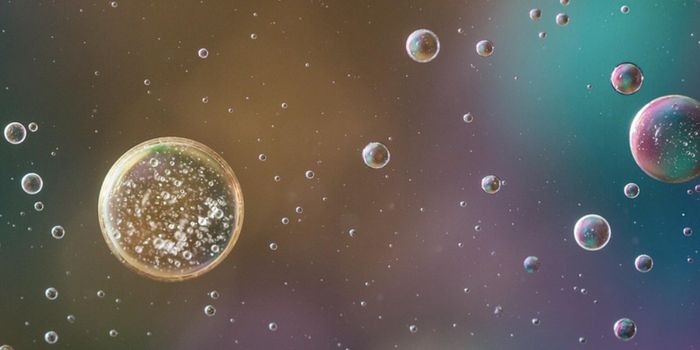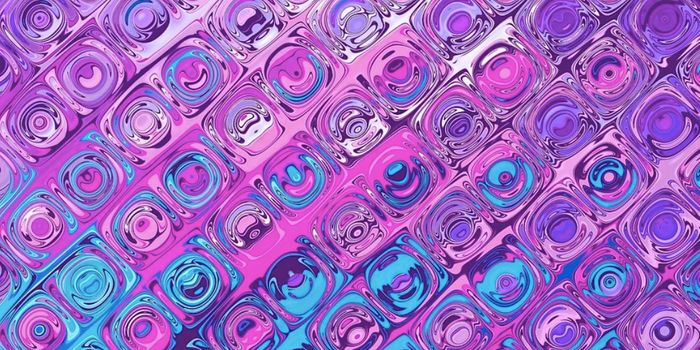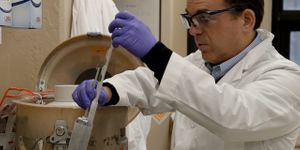Changes in Non-coding DNA Linked to Autism
Researchers have been working to determine the causes underlying autism spectrum disorder (ASD); they know now there is a genetic component in many cases. Scientists have found that de novo genetic mutations, which are not inherited but instead arise spontaneously, are a factor in about one-third of ASD cases. New work, by an international team of investigators, has determined that in other instances, genetic variations outside of genes are increasing the risk of autism in some people. These alterations are in regions of the genome that do not code for protein but are still contributing to ASD risk. This work has been reported in Science.
It is thought that these non-coding genetic regions, which make up vast portions of the human genome, have a regulatory influence on genes. The variants that contribute to ASD are thought to disrupt elements in DNA that act to switch genes on or off. They are called CREs, cis-regulatory elements. These variants are also inherited from parents, unlike de novo mutations.
"For ten years we've known that the genetic causes of autism consist partly of de novo mutations in the protein sequences of genes" noted Jonathan Sebat, a professor of psychiatry, cellular and molecular medicine and pediatrics at UC San Diego School of Medicine and chief of the Beyster Center for Genomics of Psychiatric Genomics. "However, gene sequences represent only two percent of the genome."
The researchers, led by the UCSD team, assessed the genomes of 9,274 subjects in 2,600 families, which was sequenced by Human Longevity Inc. (HLI) and Illumina Inc, analyzed at UCSD, and then combined with additional genome sequencing data from the Simons Simplex Collection and the Autism Speaks MSSNG Whole Genome Sequencing Project.
The team also looked at duplicated or deleted pieces of DNA, structural variants that disturb gene regulation, called CRE-SVs. They found that when CRE-SVs are inherited from parents, it contributes to ASD in offspring.
"We also found that CRE-SVs were inherited predominantly from fathers, which was a surprise," noted co-first author William M. Brandler, Ph.D., a postdoctoral scholar in Sebat's lab at UC San Diego and bioinformatics scientist at HLI.
"Previous studies have found evidence that some protein-coding variants are inherited predominantly from mothers, a phenomenon known as a maternal origin effect. The paternal origin effect we see for non-coding variants suggests that the inherited genetic contribution from mothers and fathers may be qualitatively different."
Sebat (who is featured in the video above) noted that parent-of-origin effects are not well understood at this time. He has ideas, however.
"There is a wide spectrum of genetic variation in the human population, with coding variants having strong effects and noncoding variants having weaker effects," he explained. "If men and women differ in their capacity to tolerate such variants, this could give rise to the parent-of-origin effects that we see."
Sources: AAAS/Eurekalert! Via UCSD, Science










